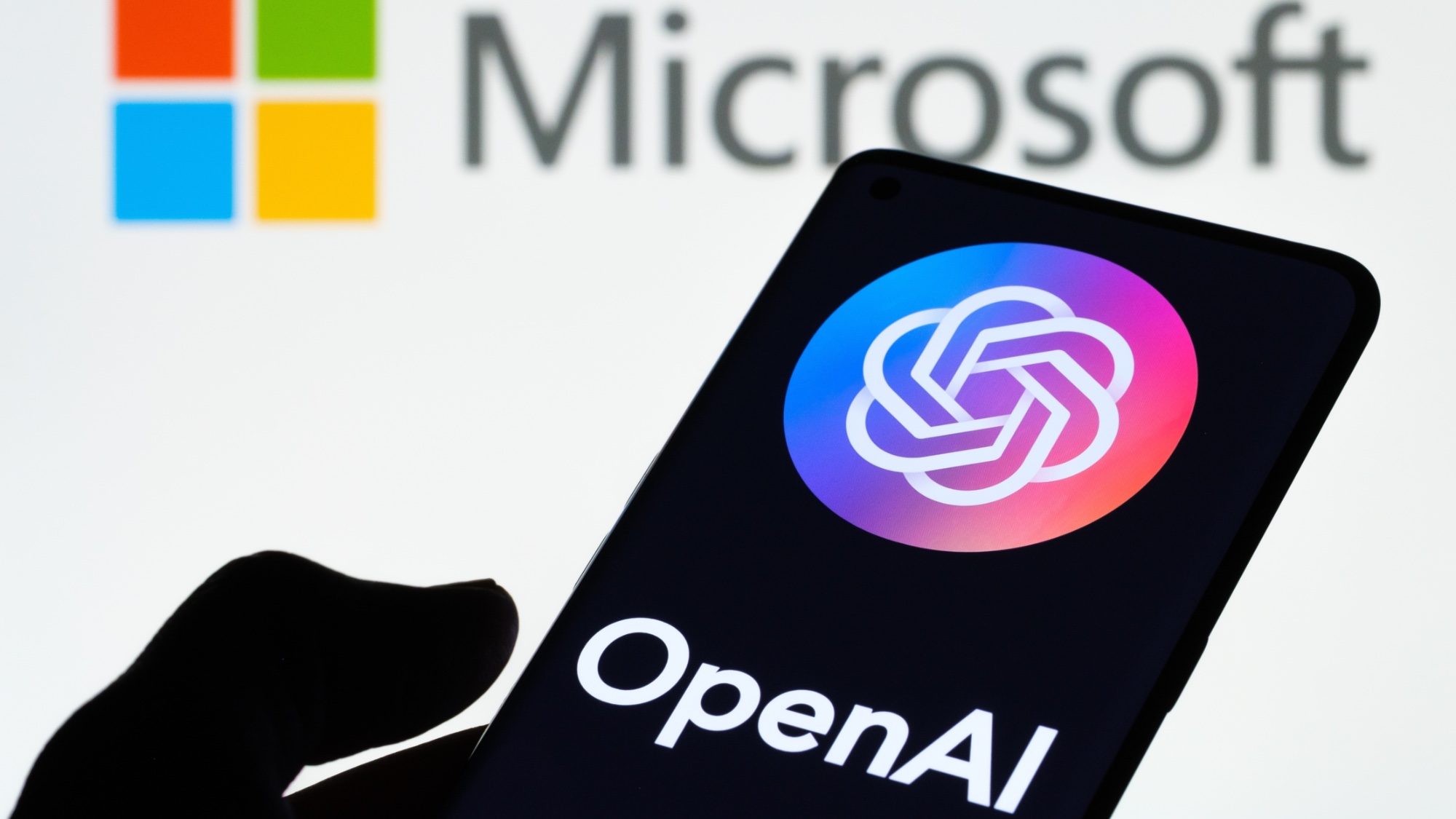Meet Stargate — the $100 billion AI supercomputer being built by Microsoft and OpenAI
This is what could transport OpenAI into the future

Microsoft and OpenAI are working on a new AI supercomputer data center headquartered in the U.S. that could cost over $100 billion, The Information reports. Called Stargate, since such a futuristic-sounding project deserves an equally sci-fi-inspired name, it's planned to power OpenAI's next generation of AI systems like ChatGPT and could launch as soon as 2028.
Stargate is estimated to be one of the largest and most advanced data centers in the world, spanning several hundred acres of land and using up to 5 gigawatts of power, according to three people involved in the proposal who spoke with the outlet. Of the series of installations the companies plan to build over the next six years, Stargate has the largest scope, and it's considered crucial for OpenAI to train and operate more advanced AI models than ChatGPT-4. Given its power needs, the companies have discussed using alternative power sources like nuclear energy.
The name Stargate stems from the 1994 sci-fi film of the same name, wherein archeologists uncover an interstellar teleportation device that transports them to an alien world that had a hand in human civilization. The movie's trailer famously describes it as “the key to the past, the door to the future, the passage to discovery,” which seems a clear inspiration for OpenAI and Microsoft’s AI supercomputer venture.
OpenAI CEO Sam Altman and Microsoft employees have reportedly broken down the plan to build several supercomputers throughout the United States into five stages, with Stargate being the fifth and final stage. The Stargate supercomputer project is estimated to take between five and six years to complete, according to The Information. Microsoft is also aiming to launch a smaller scope, phase 4 supercomputer for OpenAI around 2026.
The future of AI comes with a hefty price tag
To date, Microsoft has poured more than $13 billion into OpenAI for the startup to use Microsoft's data centers to power ChatGPT. But Stargate would be an unprecedented (and expensive) expansion of that partnership. The project could cost as much as $100 billion, according to The Information's sources who viewed Microsoft's initial cost estimates and spoke to Altman about the proposal. That staggering figure is 100 times more costly than even the biggest data centers currently in operation today, and it would be more than triple what Microsoft spent last year on servers, buildings, and other equipment.
It's important to note that the project has not yet been green-lit, and it's unclear where in the U.S. it could be headquartered if it moves forward. Of course, the whole thing could hinge on whether OpenAI can deliver its next-gen large language model, rumored to be GPT-5. Last year, the company missed its initial planned window to present a new AI project named Arrakis (another sci-fi reference, this time to "Dune") to Microsoft, citing the limitations of current supercomputers as the bottleneck holding up development.
While Stargate may still be years away, plenty of AI-powered tools are already here. Microsoft has made the largest language model from OpenAI available for free on its Copilot platform. OpenAI also recently made ChatGPT available to anyone without an account.
Sign up to get the BEST of Tom's Guide direct to your inbox.
Get instant access to breaking news, the hottest reviews, great deals and helpful tips.
More from Tom's Guide
- OpenAI’s 'superintelligent' AI leap nearly caused the company to collapse
- 5 ChatGPT prompts to try now that the chatbot is free for all
- OpenAI Sora given to filmmakers for first time — here’s the 7 best videos they created

Alyse Stanley is a news editor at Tom’s Guide, overseeing weekend coverage and writing about the latest in tech, gaming, and entertainment. Before Tom’s Guide, Alyse worked as an editor for the Washington Post’s sunsetted video game section, Launcher. She previously led Gizmodo’s weekend news desk and has written game reviews and features for outlets like Polygon, Unwinnable, and Rock, Paper, Shotgun. She’s a big fan of horror movies, cartoons, and roller skating.










